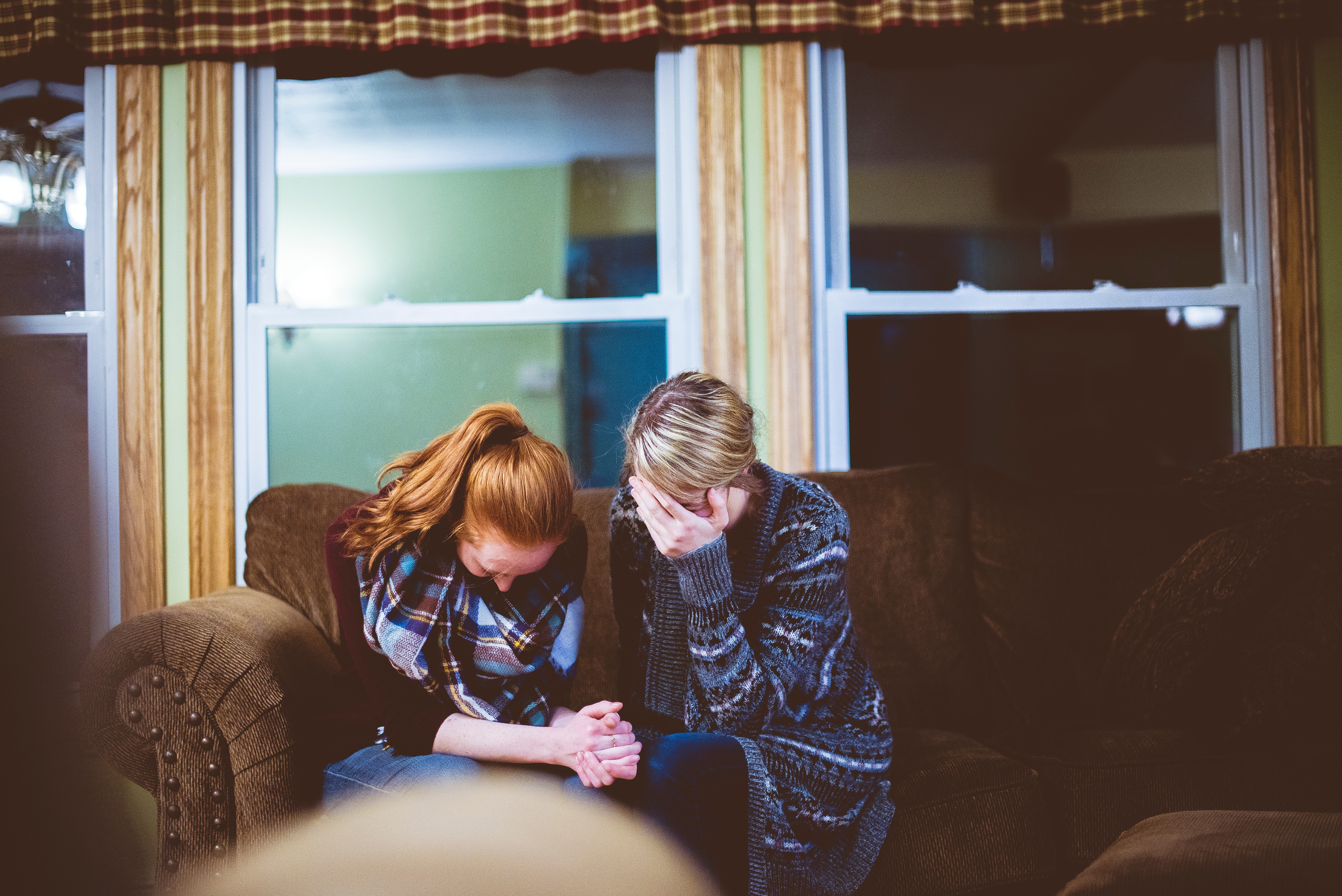The Massachusetts Legislature Should Update the Law on Evidentiary Privilege—to Protect Families
In addition to the many other changes contained in the criminal justice bills that have recently passed the Massachusetts House and Senate, criminal justice reform in the Commonwealth could include one additional significant change in the laws of evidence. The Senate’s bill includes a provision that would disqualify a parent from testifying against a minor child in most criminal cases. The effect would be to make parent/child communications generally legally private, much like confidential discussions between married people. As a lawyer who works often with families—and as a parent—I believe very strongly that this provision works a necessary change in the law and hope that the conference committee now working to create a uniform bill will include it.
The Senate’s bill would provide that a “parent shall not testify against the parent’s minor child” in a criminal matter, except in a case in which the victim is a family member residing in the family household. Where the victim is such a family member, the parent still “shall not testify as to any communication with the minor child that was for the purpose of seeking advice regarding the child’s legal rights.” The bill wouldn’t protect all communications in all circumstances—it doesn’t apply to testimony in civil cases at all, and it would not apply to adult children, for example—but the provision would make it easier and safer for kids in real trouble to go to their parents for help.
As the law now stands in Massachusetts, unemancipated minor children cannot testify against parents that they live with in criminal cases, except where the victim in the case is a member of the family living in the same household. But it doesn’t work both ways—a parent can testify against a minor child, even in a case where the child would not be able to testify against the parent. And, in fact, a parent can be compelled by the court to testify against a minor child.
In a case in 2000, the Supreme Judicial Court confronted a situation in which two fourteen-year-old boys, charged with rape, had apparently discussed the incident in question in detail with their parents—and their parents were then served with grand jury subpoenas seeking their testimony against their sons. The parents argued that the SJC should create an evidentiary privilege to forbid courts from forcing parents to testify against their minor children, and quash the subpoenas. The SJC declined to do so, and left the issue of whether a privilege should be created to the legislature. Interestingly, the disqualification that does exist in the Massachusetts law—which prevents a child from testifying against a parent in most circumstances—came about when the SJC similarly declined to create any such privilege or disqualification and left the issue to the legislature. In that instance, the legislature acted speedily following the court’s decision to create a privilege. Since 2000, however, no legislative changes have been forthcoming to protect children who confide in their parents.
Comparing the law on parents and children to the law on married couples is instructive. Married couples in Massachusetts can never be forced to testify against one another (though the witness spouse may choose to testify against the other spouse) and are completely disqualified from revealing their confidential communications in court in most cases (even if the witness spouse wishes to do so) unless both spouses so agree. These evidentiary laws recognize that it is critical to a marital relationship for spouses to be able to confide in each other, even about difficult or dangerous subjects. But to my mind—as someone who is both married and a parent—it is far more critical for children to be free to come to their parents with difficulties, especially if they are involved in dangerous or potentially criminal situations. Unlike a married couple—where both people are adults and presumably able to make reasonable judgments when dealing with difficult matters—the parent/child relationship depends on children being able to seek guidance from their parents. Indeed, it may also enhance public safety to encourage children dealing with drugs, gangs, or violence to seek help from their parents without fear that their parents will be forced to testify against them. It remains to be seen how the legislature will reconcile the Senate bill, which does contain this legal change, with the House bill, which does not—but I am hopeful that the legislature will make an overdue change to protect children and families.
 Boston Lawyer Blog
Boston Lawyer Blog







